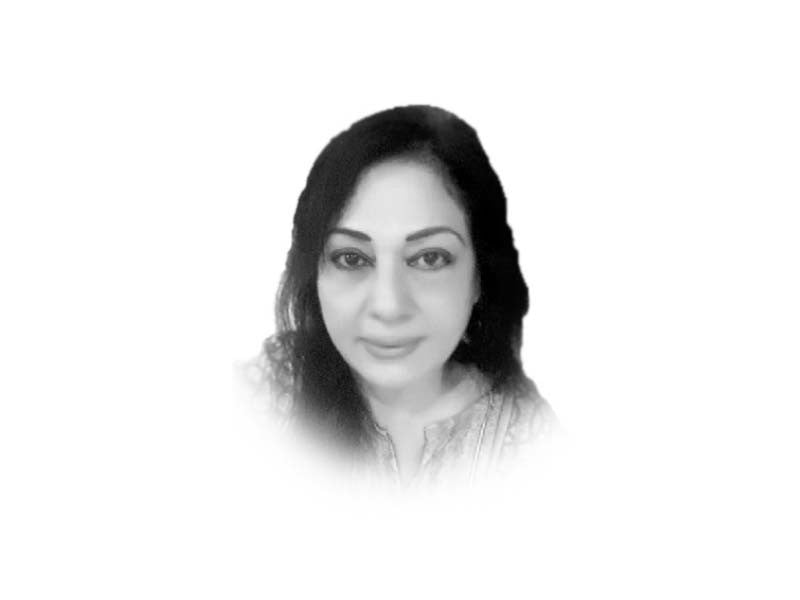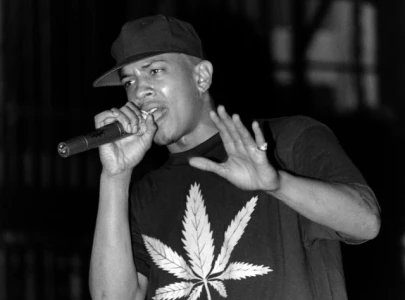
As Indian atrocities in IIOJK continue unabated and three Kashmiri youths were martyred on 28 December in the name of ‘militancy’, IIOJK is facing a new challenge: illegal delimitation to suit Modi’s agenda.
In April 2022, Indian Frontline magazine voiced concerns about the matter and said the Delimitation Commission, which was in charge of redrawing (Occupied) Jammu and Kashmir’s Assembly and legislative districts, was being used to manipulate the facts in BJP’s favour. The commission kept hold of its allocation of six of the seven additional constituencies that will be added to the Jammu and Kashmir Assembly, despite accusations from the political elite in the Kashmir valley that it was flagrantly tipping the electoral scale in favour of the Jammu region, which has a majority of Hindus.
The political and intellectual elite in Occupied Kashmir, as well as the general populace, have all expressed strong skepticism regarding the Delimitation Commission, according to Frontline. Why electoral district redistricting is taking place in IIOJK while it is put on hold in the rest of India until 2026 has been brought up numerous times.
They had emphasised that delineating the boundaries of Jammu and Kashmir’s electoral district before the former State’s elections would not be in the spirit of democracy. Former chief minister Omar Abdullah referred to the delimitation process as Centre’s discriminatory policies toward IIOJK. While we don’t trust the fake lead- ership of Abdullahs and Muftis, the mere fact that even these leaders are raising their voice merits attention.
The illegal Delimitation Commission set aside six additional assembly seats for the Jammu region and just one additional seat for Kashmir region. The action is considered as an “attack on political centrality and domination” of Kashmir in IIOJK’s politics as well as “part of the sequence of measures taken by BJP-led government from 5th August 2019 to disempower Kashmiris of IIOJ&K”.
Since there are 15 lakh more people living in the Kashmir Valley than there are in Jammu, according to the most recent census, concerns have been raised over the proposal. It is important to remember that a census of the Indian population was planned for 2021, while delimitation, based on the fresh census, was to take place in 2026. Since then, the BJP has pushed for delineation in IIOJK.
There is one seat for every 1,25,082 people in the Jammu region and one seat for every 1,46,563 people in the Kashmir region. For 1,25,082 residents in the Jammu Division, a single seat has been established. The Kashmir Division, which has 1,46,563 people, has the same constituency. There is no doubt that the rights of 10,09,621 valley dwellers have been violated.
Jammu’s assembly seats grew from 37 to 43 with the delimitation, whereas Kashmir’s seats climbed from 46 to 47. Delimitation in IIOJK has long been a BJP policy, and the party routinely emphasises the fallacy of Jammu’s underrepresentation. In 1995, Kashmir received 46 seats and Jammu 37. This shows that Kashmir, where 56.15% of J&K’s population resides, got 55.42% representation in the assembly while Jammu, home to 43.84% of the region’s population, had 44.57%. The number of seats in the Jammu area has also grown since 1957 by a proportion that is more than double that of Kashmir.
Muslim population of the Jammu region is further being marginalised; the Muslim-majority parts of Jammu that were originally a part of the Jammu Lok Sabha seat have been added to the Anantnag constituency, which is significant. Currently, the Jammu area’s Rajouri and Poonch districts, which are predominately Muslim, are a part of the Kashmir region’s Anantnag constituency. According to Kashmir’s political elite, this has made the divide between the Kashmir valley and the largely Hindu Jammu region even wider.
Allotment of six of the seven new Assembly seats to the Jammu region by the Delimitation Commission is being regarded as a part of the BJP’s strategy to appoint a Hindu Chief Minister in IIOJK. In order to win elections and choose a Hindu Chief Minister, the BJP appears to be trying to transform Jammu into a powerful Hindutva playground. By destroying all of the Muslim-dominated districts of the city, this is being accomplished.
Universally speaking, the delimitation is based on population, but in this case, the commission completely ignored this fact to favour the BJP/RSS monster and allowed them to utilise the political strife in J&K to legitimise the illegal unanimous motion of 2019. The BJP/RSS government has no qualms about ignoring the wishes of the IIOJK people and UN resolutions in order to advance its own political interests. In order to hold and succeed in elections and show the rest of the world its adherence to democratic ideas and practices, India purposely carried out the delimitation during this time period.
Another major issue is the Schedule Tribe (STs) Status of the Paharis: long denied the STs status, the Paharis have lately received it as a political compromise. Reservations in employment, education and other areas benefited the STs as well. The Pahari population is mainly concentrated in the twin border districts of Baramulla and Kupwara in the Kashmir division, as well as Rajouri and Poonch in the Jammu area. Nine seats in the 90-member Assembly of Jammu and Kashmir have been designated for STs. Four seats in Kashmir and five in the Jammu division are reserved for STs. Six of the reserved assembly seats will go to Jammu, and three to Kashmir. The BJP, which is appeasing the Paharis at the moment, sees them as a potential voting pool that may grow if given ST status.
While BJP/RSS agenda is being forcefully imposed on the Muslim population of IIOJK, they will resist it squarely. The Pakistani leadership needs to raise this blatant violation of rights of Kashmiris in the international arena.










1729685382-0/Untitled-design-(57)1729685382-0-270x192.webp)


COMMENTS (1)
Comments are moderated and generally will be posted if they are on-topic and not abusive.
For more information, please see our Comments FAQ